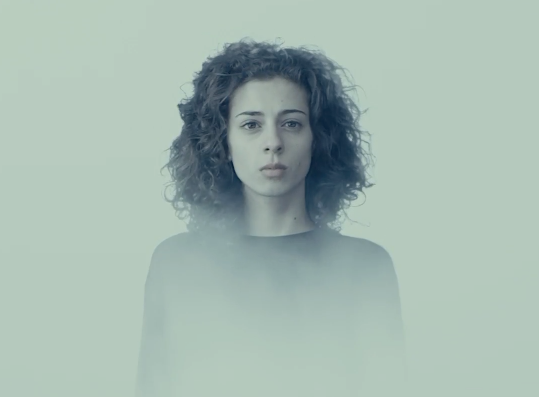Though Born Without an Umbilical Cord, ‘Viktoria’ Ties Together a Tale of Maternal Love

“Viktoria”, a 2014 film directed by Maya Vitkova, is being released in New York cinemas on April 29, 2016.
April 29, 2016
Maya Vitkova’s directorial debut “Viktoria” is a visually stunning tale about womanhood, spanning over 15 years in the politically unstable nation of Bulgaria of 1980s.
The film’s titular Viktoria is a baby girl born without an umbilical cord, unwanted by her young mother Boryana but hailed child of the decade by the head of the Bulgarian communist government. A symbol for the anniversary of the socialist revolution, Viktoria is ostentatiously celebrated by the party general secretary who, adamant on flaunting the extravagance of the socialists, showers her with gifts and rewards her mother with a new apartment and her father with a state-sponsored job. However, these gifts, a show of the party’s supposed benevolence, are ultimately meaningless when freedom is denied. All Boryana dreams of is escaping to the West. For her, Viktoria’s unwarranted fame is a burden, made even more absurd when cast against Boryana’s failed abortions and neglect.
The dissonance between dreams and reality between mother and child, is symbolized by the missing umbilical cord. Somehow, Viktoria’s life was sustained, but the vital connection and the desire to care is missing. Unable to forego her dreams of independence and succumb to motherhood and patriotism expected of her, Boryana passively rejects these roles to the great disapproval of her aging mother and her own husband. In this way, Vitkova plays upon the association between family and state as forms of bondage in an eloquent, absurdist fashion.
The film takes a turn towards a more intimate exploration of womanhood and the nature of maternal love. The communist regime suddenly disintegrates and the family must attempt to redefine itself in the new reality. While Viktoria is thrown off the pedestal, Boryana plunges into a newly found freedom by withdrawing even further from her family. At the same time, Maya Vitkova’s camera continuously draws parallels between mother and daughter, mirroring their movements and finding them in the same spaces, although years apart. This perfectly crafted visual continuity, along with meticulous color symbolism used to represent each woman, brings their inability to communicate painfully into focus.
Indeed, few words are said in the film, giving primacy to elaborate visual language. Yet those uttered take a toll on the characters, echoing throughout their rapidly changing lives. Punctuating the stunning visual compositions with heavy, brief dialogue, Vitkova creates the contrast needed to express the conflicting sensations of love and rejection, freedom and dependence, intimacy and isolation. Successful in eliciting the most inexplicable and complex feelings through beautifully evocative combinations of image and sound “Viktoria” is a testament to cinema’s capacity to render the intangible. Sensitive and intelligent, visually mesmerizing and dreamlike, it deserves to be seen on the big screen.
“Viktoria” opens April 29 at Lincoln Plaza Cinemas and IFC Center.
Email Zuzia Czemier-Wolonciej at [email protected].










































































































































